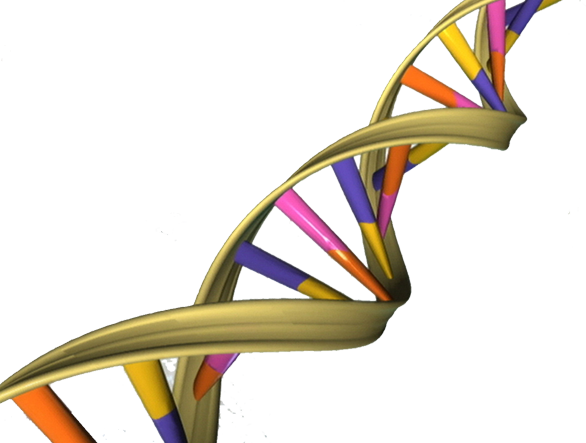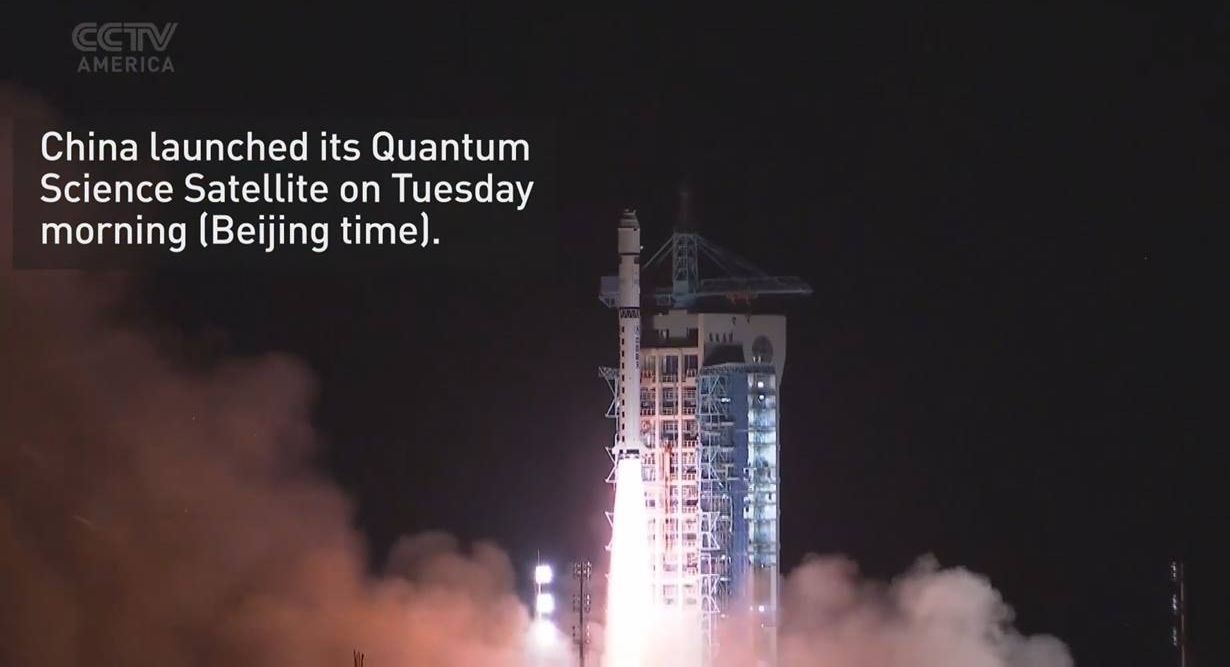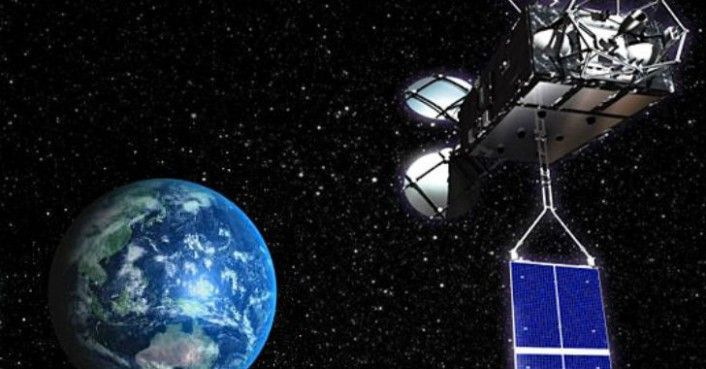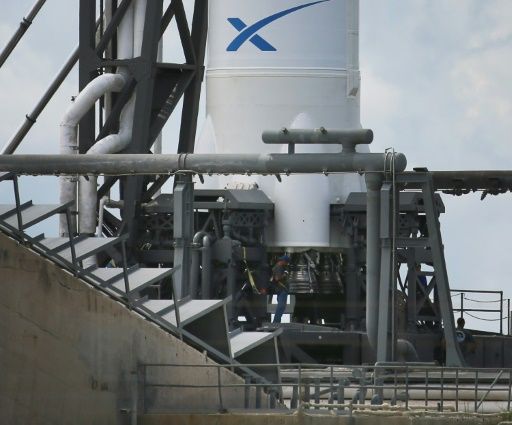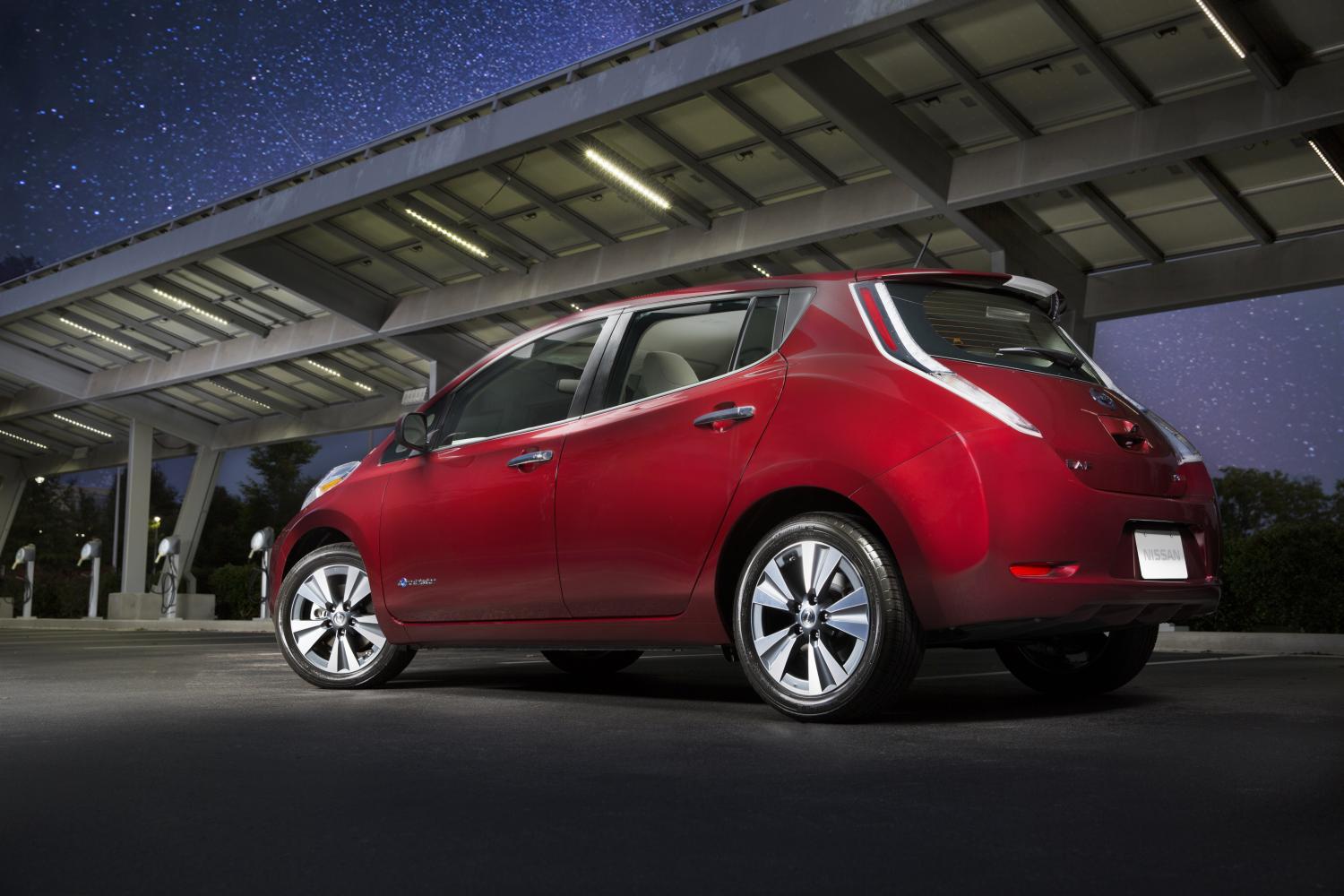
Could existing electric vehicles (EVs), despite their limited driving range, bring about a meaningful reduction in the greenhouse-gas emissions that are causing global climate change? Researchers at MIT have just completed the most comprehensive study yet to address this hotly debated question, and have reached a clear conclusion: Yes, they can.
The study, which found that a wholesale replacement of conventional vehicles with electric ones is possible today and could play a significant role in meeting climate change mitigation goals, was published today in the journal Nature Energy by Jessika Trancik, the Atlantic Richfield Career Development Associate Professor in Energy Studies at MIT’s Institute for Data, Systems, and Society (IDSS), along with graduate student Zachary Needell, postdoc James McNerney, and recent graduate Michael Chang SM ‘15.
“Roughly 90 percent of the personal vehicles on the road daily could be replaced by a low-cost electric vehicle available on the market today, even if the cars can only charge overnight,” Trancik says, “which would more than meet near-term U.S. climate targets for personal vehicle travel.” Overall, when accounting for the emissions today from the power plants that provide the electricity, this would lead to an approximately 30 percent reduction in emissions from transportation. Deeper emissions cuts would be realized if power plants decarbonize over time.
Continue reading “Electric vehicles can meet drivers’ needs enough to replace 90 percent of vehicles now on the road” »
